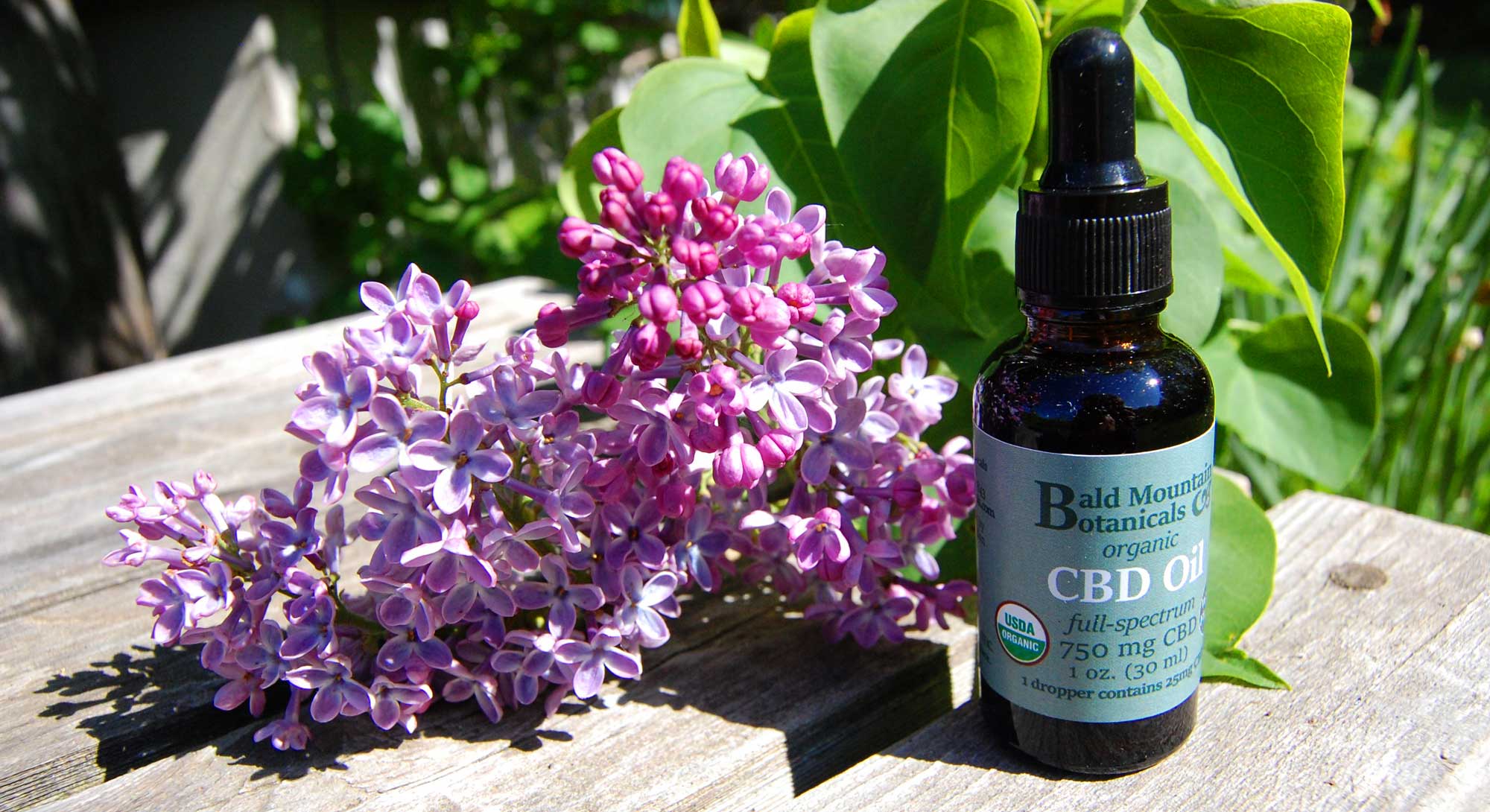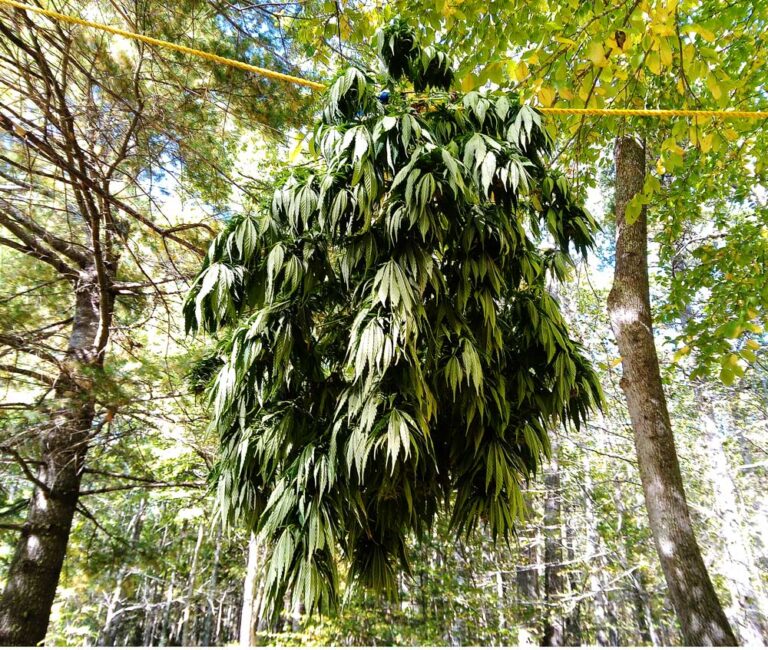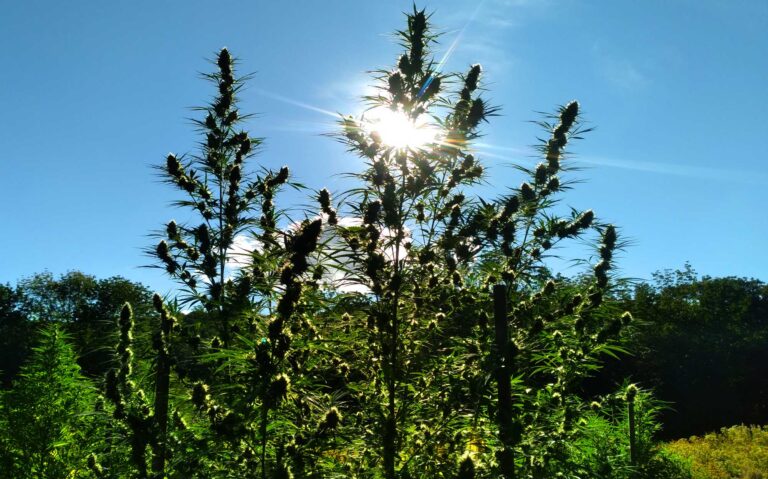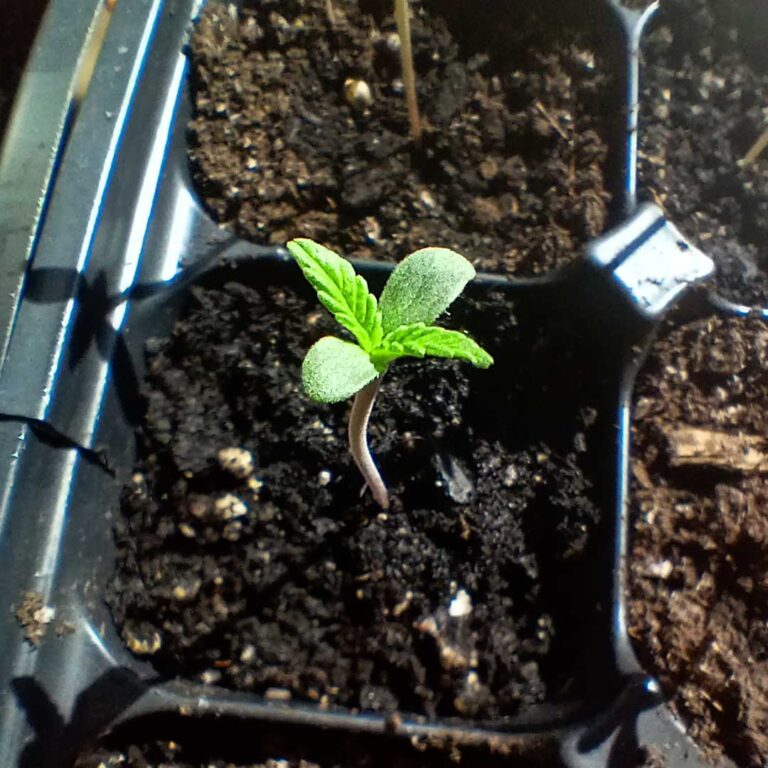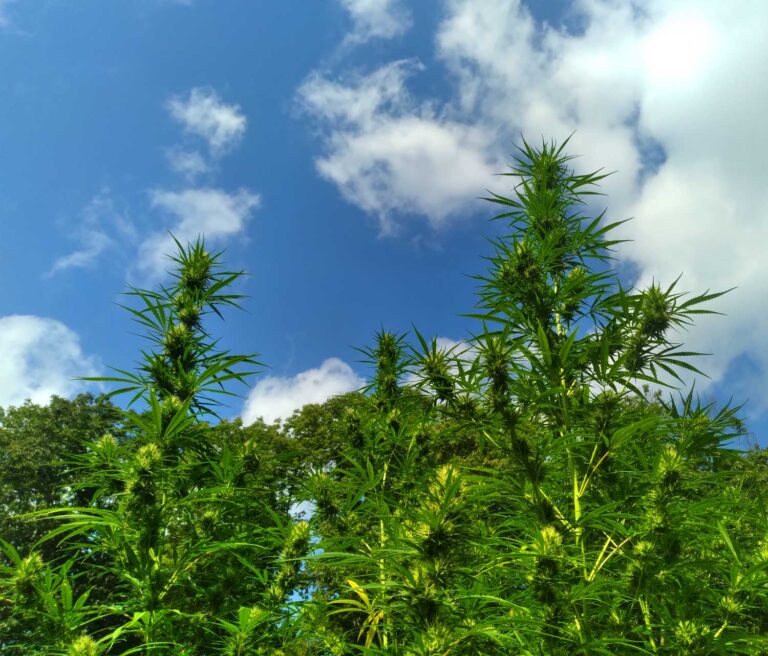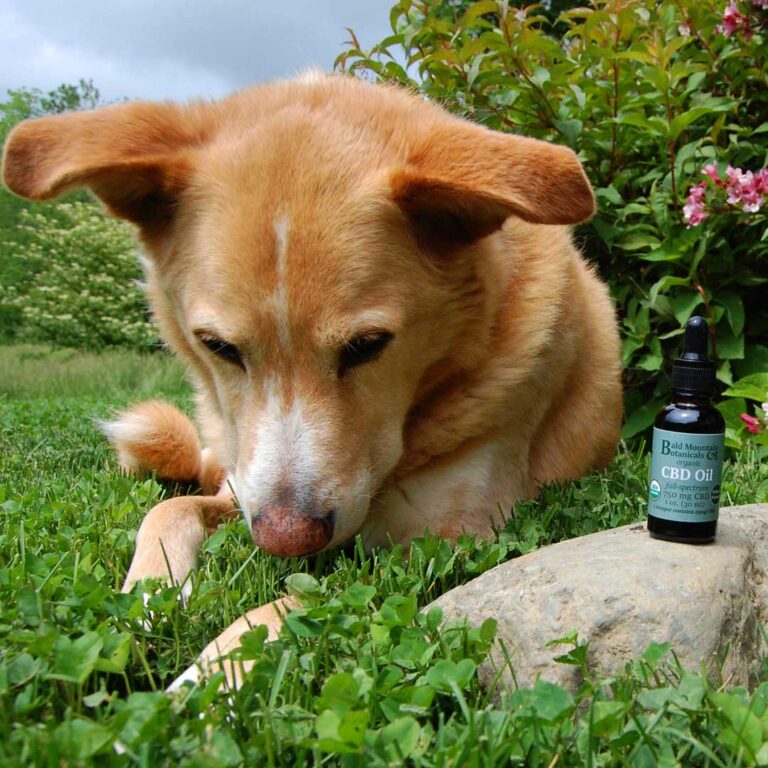Is Organic CBD Oil Better?
As an organic hemp grower and processor, I’m sometimes asked: why bother doing everything organically? Is organic CBD oil better than conventional?
That’s a fair question. After all, it’s not always clear what “organic” means or how it really makes a difference. And because there’s so much marketing hype around CBD, it’s tempting to dismiss organics as just another gimmick. But well-produced organic CBD products are superior to conventional CBD in several important ways that protect and benefit consumers as well as our larger collective society and the planet. If that seems like a bold claim, allow me to elaborate.
Protecting Your Health and Safety
For now the CBD industry is relatively unregulated–the FDA has been slow establishing rules to protect consumers from potentially harmful CBD products. In most states it’s perfectly legal to sell hemp flower and CBD products without testing for pesticide residues, for example. While some growers are careful not to spray the plants after flowering begins, others will. This puts consumers at risk for exposure, and putting these toxic contaminants into your body can be a very real health risk, depending on the amount and frequency.
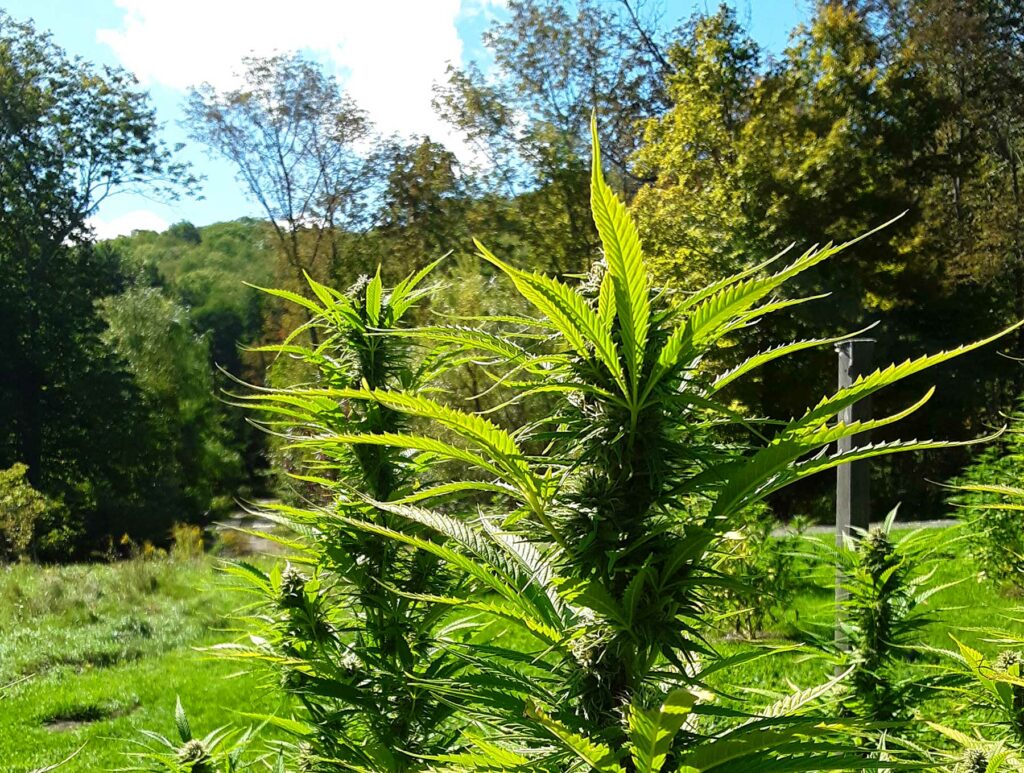
Organic growers don’t use chemical pesticides, so you can rest assured you won’t be exposed to these substances when using organic CBD products. The most cautious and responsible organic growers will also test their hemp flower as well as their processed products like CBD oil for pesticide residue just to be absolutely sure everything is pure–and to provide full transparency to their customers. At Bald Mountain Botanicals we never use chemical pesticides and we also test the flower and the final products for pesticide residue (as well as heavy metals and several other contaminants) just to give our customers total assurance (all lab test results are published on each product page).
Superior Products
Many consumers who’ve tried both conventional and organic hemp flower and CBD products say that the well-grown and processed organic versions taste better, smell richer, and medicate more effectively than their conventional counterparts. While this is somewhat subjective, it’s not surprising when you consider that organic hemp is grown in living soil nourished with natural organic fertilizers instead of growing in neglected soil and being fed synthetic chemical fertilizers.
It’s not unlike the difference between a mass-produced conventional tomato from the supermarket versus an heirloom tomato grown organically in rich soil–one is bland while the other is bursting with sweetness and flavor. This is especially true when comparing organic hemp flower with conventional flower grown hydroponically.

Wider Benefits
In addition to protecting consumers from toxics and offering better flavor, fragrance, and effects, organic CBD benefits our larger collective society and ultimately the planet we depend on for survival. Organic agriculture has far fewer negative environmental impacts than conventional agriculture, especially in combination with sustainable and regenerative farming methods which are strongly associated with organics (we practice both at Bald Mountain Botanicals). Soils in organic agriculture are enhanced, built up, protected, and strengthened rather than depleted and lost. Organic and sustainable farms practicing no-till farming greatly reduce topsoil erosion, which is a significant worldwide problem.
Water running off organic fields doesn’t contaminate nearby water bodies with pesticides, herbicides, or excess nitrogen, all of which have serious impacts on rivers, streams, and lakes. Organic agriculture in general uses less fossil fuel, thereby reducing carbon emissions, and can actually sequester carbon in the soil, helping us put the brakes on climate change.
There’s also less impact on important insects such as pollinators, a crucial component in the world’s food production whose numbers have been dwindling significantly. Organic/sustainable/regenerative agriculture in general promotes biodiversity and conserves water by building soil organic matter that enhances water retention.

Organic farming also avoids all genetically engineered crops, which pose a number of potential risks. All of these collective benefits are important to consider when considering organic products.
Organic Certification
While anyone can claim their products are organic, the USDA has established a set of official standards for organic products. Whenever you see the official “USDA Organic” seal on a product, that means the producer agreed to follow these standards and have regular inspections to ensure compliance.
Obtaining organic certification is expensive and a lot of extra work but it lets consumers know that the producer takes organic agriculture seriously, is well-informed and educated about organics, and most of all has committed to upholding those standards. That’s why we certify all of our products–we believe in organic agriculture and we want our customers to have the reassurance that certification and third-party inspection brings.
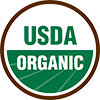
Yes, Organic CBD is Better
So back to our original question: is organic CBD oil better? When you consider the health benefits to the consumer as well as the wider collective benefits to society and the planet, the answer seems pretty clear: “yes, organic CBD oil is better.”

